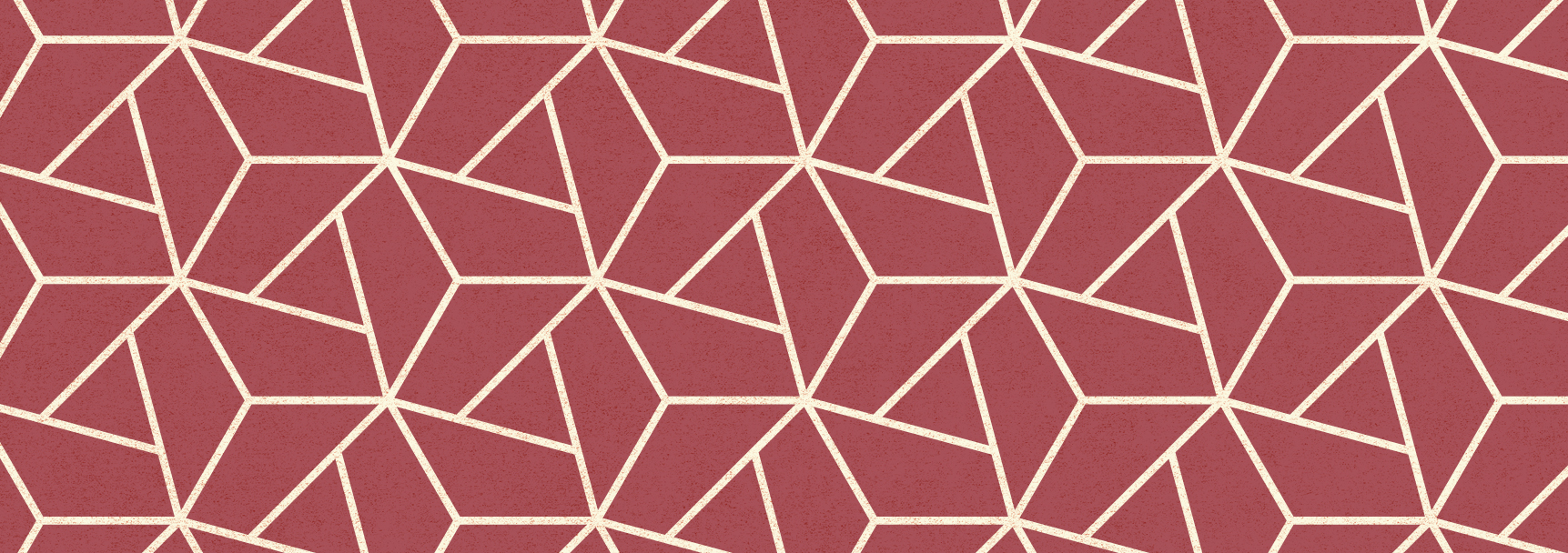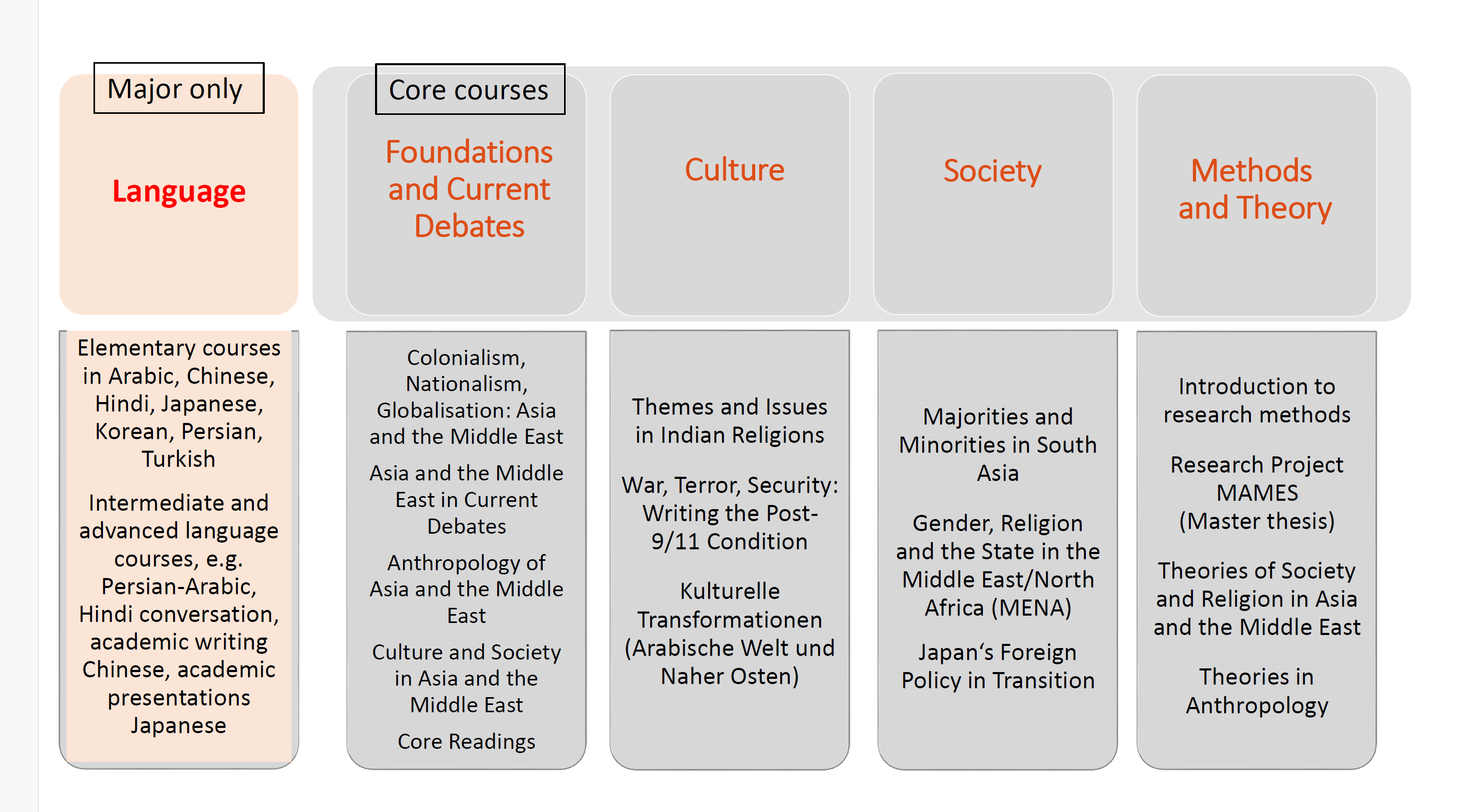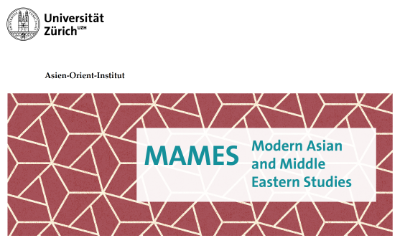Specialized Master of Arts in Modern Asian and Middle Eastern Studies (MAMES)

Seiteninhalt
The MAMES program introduces graduate students to the world’s most dynamic and populated region of the world. It offers them the possibility to study socio-economic and cultural transformations within their national, regional, and global contexts. It allows students to learn about developments in India and China and their rise as global powers, Japan’s attempts to secure its place in the world, and the Middle East’s complex social, cultural, and political dynamics. MAMES draws on the regional expertise of scholars located at the Institute of Asian and Oriental Studies (IAOS), the Department of Social Anthropology and Cultural Studies and the Department of Religious Studies. The language of instruction—English—makes it accessible to students worldwide. Its flexible structure allows students to focus on a particular region (the Middle East, South Asia or East Asia) while exploring broader theoretical and comparative issues through MAMES core courses.
Major and minor program
MAMES is available as a major (90 ECTS credits) and a minor (30 ECTS credits) program. Both programs revolve around a core module category (Foundations and Modern Debates) and allow students to take courses from three additional module categories (Society, Culture, and Methods and Theory). The major program further requires students to study one of the six Asian or Middle Eastern languages on offer at the Institute of Asian and Oriental Studies (from the Language Module category).
The language modules are generally offered in German. Only some of the higher-level language courses can be entirely studied in English or the respective Asian or Middle Eastern language. It is recommended that students without German language skills consult the language advisors of their language of interest before planning their studies. Next to the language courses on offer at UZH students can also obtain credits for the Language Module Category by completing self-organized traineeships or by enrolling in Summer Schools / exchange semesters at accredited educational institutions abroad. Please consult the study guide and the respective list on Summer Schools (PDF, 132 KB) for more information.
The diagram above offers an overview of all MAMES core courses (Foundations and Current Debates) and a selection of courses listed in the additional module categories (Society, Culture, and Methods and Theory). This selection gives an idea of the interdisciplinary range of courses available to MAMES students.
The MAMES major requires students to obtain credits in the additional module category ‘Language’ and allows students to gain credits in the two module categories ‘Transferrable Skills’ and ‘Other Curricular Modules’. The last two module categories include a wide range of interdisciplinary courses from across the UZH course catalogue. Furthermore, students in the major program can acquire credits through Summer Schools and (language-related) internships in and outside of Switzerland. Students majoring in MAMES also get the chance to specialise in a particular area of interest by writing an MA dissertation under the guidance of a supervisor of their choice.
Admission requirements and options of combination
Students must hold a Bachelor’s degree in any subject and from an accredited institution. Those who have studied in other languages than English or German and whose mother tongue is neither of the two languages should posses a C1 English Language Certificate or a C1 German Language Certificate. The major in MAMES (90 ECTS credits) can be combined with any minor (30 ECTS credits), except the minor in MAMES (30 ECTS credits) (and vice versa).
For Program specific requirements see the respective website Application / Admission: Master.
Combinations for the major/minor
As an interdisciplinary program, the MAMES major provides students with the theoretical and methodological tools necessary to understand broad developments and connections across Asia and the Middle East and gain a deeper understanding of philosophical, historical, sociological, political, and economic developments within one of the four IAOS regions. Students enrolled on the major program can take their minor in one of the disciplines on offer at the IAOS:
Other suitable minors include Anthropology, Cultural Studies, Gender Studies, History, Political Science, Religious Studies, Social Science, or Sociology. Most of the minor programs external to the IAOS are consecutive study programs and require previous disciplinary qualifications. An exception is the German-medium minor Sozialwissenschaften, as well as the English-medium minors DSI minor in Digital Skills or Digital Linguistics, which can be studied without previous knowledge in that field.
The MAMES minor adds to students' academic profile by complementing their major with a specialisation in one of the IAOS regions. Combining a minor in MAMES with a major in Asian or Middle Eastern studies disciplines—such as Chinese studies, Indian studies, Islamic studies, or Japanese studies — can help contextualise specialised knowledge of one Asian or Middle Eastern region within broader regional and global developments. Other major programs suitable for combination with the MAMES minor include Anthropology, Gender Studies, Political Science, Religious Studies, Sociology, Literature, and East Asian Art History. Most of the major programs external to the IAOS are consecutive study programs and therefore require a Bachelor’s degree in that discipline. Please consult the respective departments directly.
Potential career paths
MAMES major graduates stand out because of their regional expertise. Employers in a variety of fields have interests in the regions covered by the MAMES program and therefore seek employees with knowledge about them. Students with an undergraduate or minor in economics, business and political science will be suitable candidates for jobs in areas such as policy or business consulting, R&D, interdisciplinary think tanks, and diplomacy. Those who have obtained sufficient written and oral language skills in one of the IAOS languages and have a background in the cultural or social sciences can pursue careers within cultural institutions such as museums, non-profit and international organisations, and research institutions. Finally, MAMES major graduates will also be in a position to join UZH’s vibrant international research community by enrolling on a PhD program. They will have the option to pursue their PhD’s either in one of the regional sub-disciplines at IAOS or—depending on their undergraduate and graduate minor program studies—in Anthropology, Cultural Studies, Gender Studies, History, Political Science, Religious Studies or Sociology.
Students who have completed the minor in MAMES add a unique regional specialisation to their resumé. Graduates from major programs in Social Science disciplines such as Economics, Political Science or Sociology, or Humanities disciplines such as Art History or Literature, who additionally obtain a MAMES minor stand out from among their peers upon entering the job market because of their regional expertise. Their insights into the most dynamic and populated regions of the world, their intellectual openness, and their English language skills makes them sought-after employees in the fields of business, politics, international cooperation, and culture. Finally, students with a MAMES minor who decide to enrol on a PhD program in their major discipline are in a solid position to use Asia and the Middle East as case studies for their dissertations.

